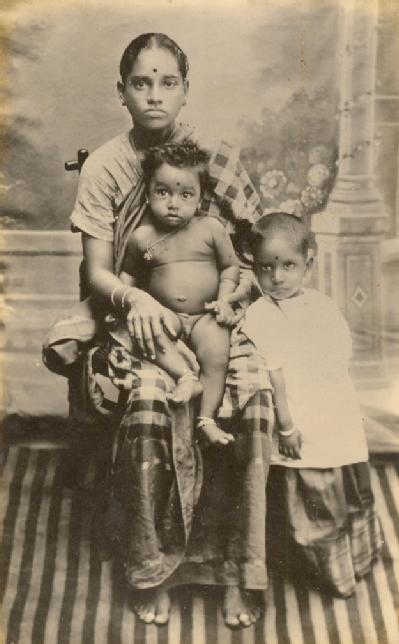Withdrawn Module: Developing South Asia: From Colonialism to Globalization (HI286)
 Please note that this module was available
Please note that this module was available
from 2007 to 2012, but has since been
withdrawn and is no longer available
Tutor: Dr Sarah Hodges
This undergraduate first-year and second-year option module is designed to introduce students to the contours of colonial and postcolonial modern South Asian history, to key institutions and experiments in the twentieth-century history of international development as experienced in South Asia, and to interdisciplinary critiques of development. The module complements the first year History core module by providing the opportunity for students to study in greater depth the processes by which colonial and postcolonial South Asia mediated its relationship with modernity through a paradigm of 'development'.
In the twentieth century, 'development' - its institutions, practices and ideas - accounted for some of the most ambitious experiments in social engineering that the world has ever witnessed. In this module we will investigate key experiments in development - from attempts to transform farming and end world hunger via the 'Green Revolution' to attempts to transform sex and end world hunger via population control - and ask: To what degree was development in the twentieth century the emancipatory product of a post-war and postcolonial world order, and to what degree was it merely the heir to colonialism?
In the first term, we will focus on the colonial history of development in its iteration as colonial projects of 'improvement' during the latter decades of the nineteenth century and the first half of the twentieth century. We will investigate the official world of the management and design of colonial projects from London and Calcutta, as well as study key areas of colonial development initiatives including: farming and environmental/resource management, health and medicine, and urban housing. We will conclude mid-century with a look at nationalist critiques of colonial economic development.
In the second term, we will address how formal political independence in South Asia as well as World War Two and decolonisation reformulated the terrain on which development schemes could be imagined and implemented. We will investigate the relationship between international development and Cold War politics, and we will address the formation and transformation of key development institutions such as the International Monetary Fund and the World Bank. We will continue to look at specific development campaigns such as the Green Revolution, mega-dams and population control and ask questions regarding their similarities with their antecedents within colonial development. Additionally, we will investigate Soviet models of development as they played into, and often set, an agenda for international development. Finally, we will investigate how ideas of development informed relationships between late-and post-colonial states and their subjects.
